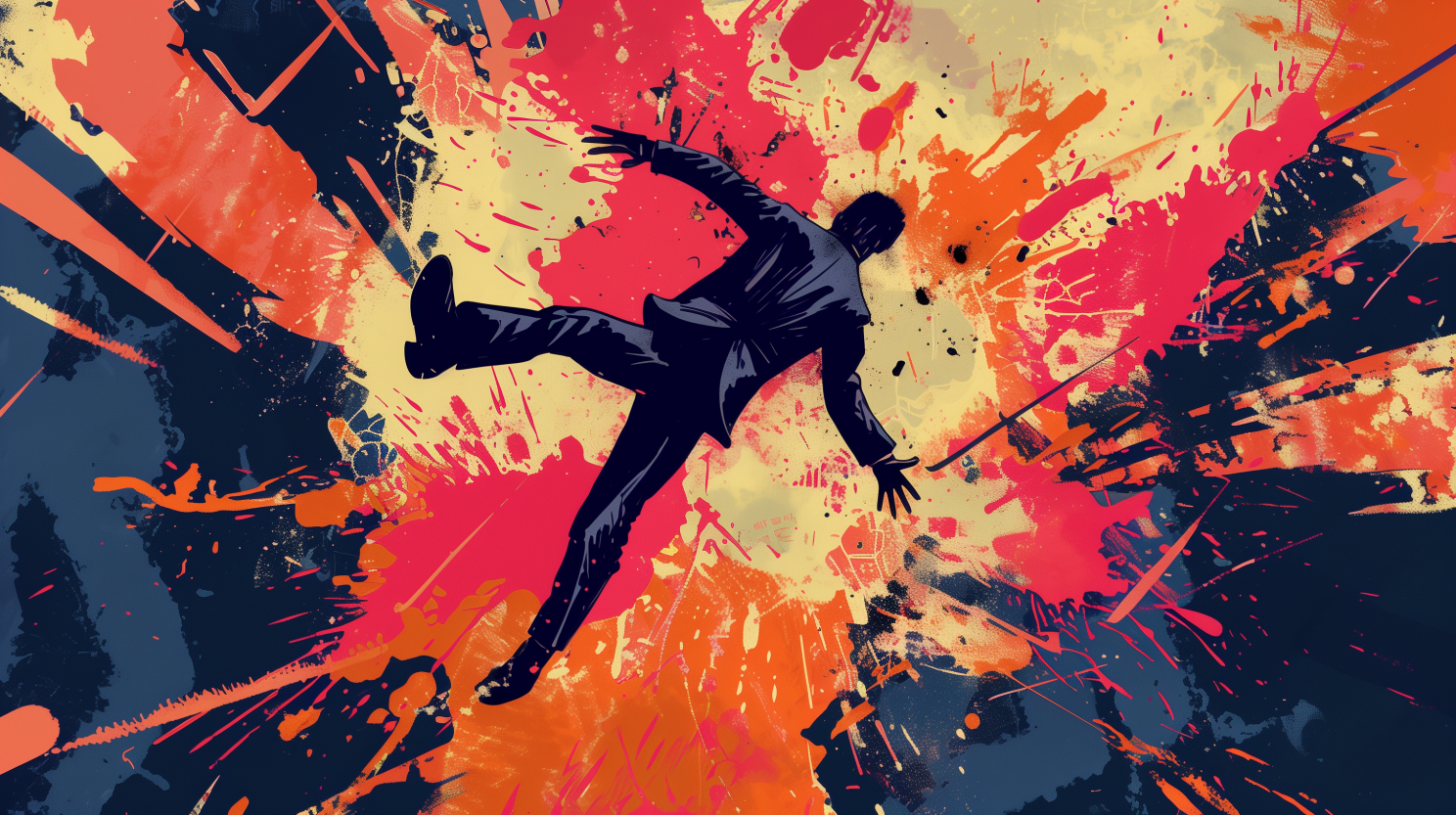When AI eats your desk job
For decades, knowledge work was a safe bet. Learn a skill, get a degree, show up (on Zoom), and get paid.
But the ground is shifting dangerously. AI isn’t coming for your desk job. It’s already rearranged your furniture and taken your chair.
Tasks that were until (very) recently performed by analysts, marketers, support teams, researchers, designers and coders are now being automated with chat interfaces that never get tired, don’t take breaks, and don’t ask for a raise or promotion.
No Steve with his constant “sorry I’m lates”. No Jane and Susan fighting over whether the air conditioning is too cold or not cold enough. And no Bob nuking his odious fish in the office microwave.
And the cost for all this drama-free, stinky-fish-free efficiency? About $20 per month.
The truth is companies are getting more done with fewer people. Less pressure on payroll. Less office space. Fewer meetings. AI is giving companies a way to scale without scaling headcount.
All this is great for margins, but it’s brutal for careers. And it’s only just starting.
Today’s productivity puzzle isn’t how to do more with less. It’s who gets left out of the picture entirely.
Dark clouds are gathering for knowledge workers as AI adoption soars.
Already, dark clouds are gathering for entry-level jobseekers. In fact, those clouds are flashing dangerously with lightning and gale force gusts.
Just how bad is it?
A LinkedIn exec this week said AI is putting the types of jobs that have served as stepping stones for young workers at risk, likening it to the decline of manufacturing in the ‘80s.
Bloomberg found that AI could replace more than half of all tasks performed by market research analysts, and two-thirds of tasks completed by sales reps.
A few days ago, TechCrunch reported that Big Tech reduced the hiring of new graduates by 25% last year, noting that AI is “a significant contributing factor.”
Sure, new roles will be created. Prompt engineers, AI supervisors, AI ethics officers. But here’s the uncomfortable truth: for every new role, dozens of old ones become obsolete. Even the eternally optimistic World Economic Forum noted that AI-powered tools “threaten to automate as many roles as they create.”
We’re not heading into a smooth transition. We’re barrelling toward a cliff edge.
Career trajectories are nearing free-fall as more jobs are displaced by AI-powered systems.
And a lot of talented, qualified people are going to go over the edge without a parachute, without anyone to catch them, with nothing to cushion the fall.
The classic career ladder suddenly looks more like a fire escape.
Lateral moves, T-shaped skill sets, portfolio work, side-hustles, micro-skills. As the age of stable knowledge work draws to a sudden painful close, adaptation becomes essential. You gotta move fast, learn faster, and forget the playbook.
So, what actually matters now? Not in the broader existential sense, but what exactly are knowledge workers supposed to do? Do we all head to the countryside to farm artichokes? Sell upcycled office furniture? Take up landscape gardening?
Our mastery of Excel spreadsheets and slick PowerPoint slide decks is now worth nothing. Well not quite nothing: about $20 a month, give or take.
I wish I knew what’s next.
Like everyone else in my professional orbit, I’m having to adapt at lightning speed to a reality that is still unfolding. I deeply distrust people who claim to know - with confidence - the “essential job skills for our AI future”. No one knows how things are going to pan out.
What it looks like right now is that we’re at the early stages of a world with fewer office workers. Businesses will still need brains, but not in the same roles, or the same numbers - and with none of the same guarantees.
For me, this means a shift to being part strategist, part technologist, and part storyteller. To get really, really comfortable with uncertainty. And to lean into the things that make me unique – my weirdness, my sense of humour, my perspective.
It’s a gamble, but it’s the best I got. What are you gonna do?


